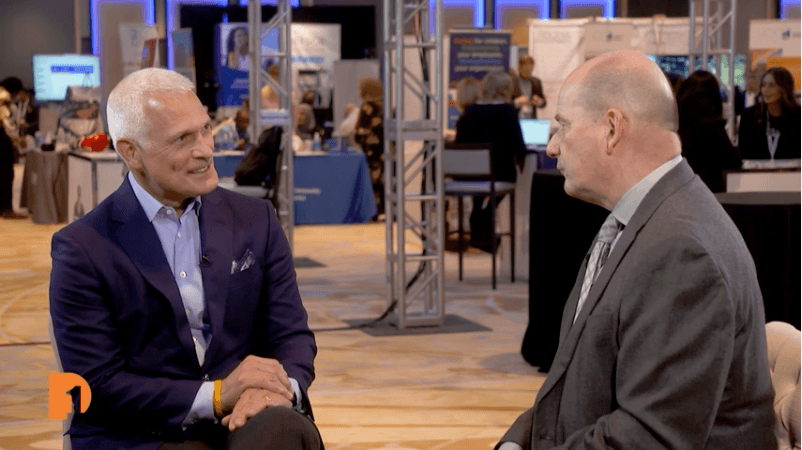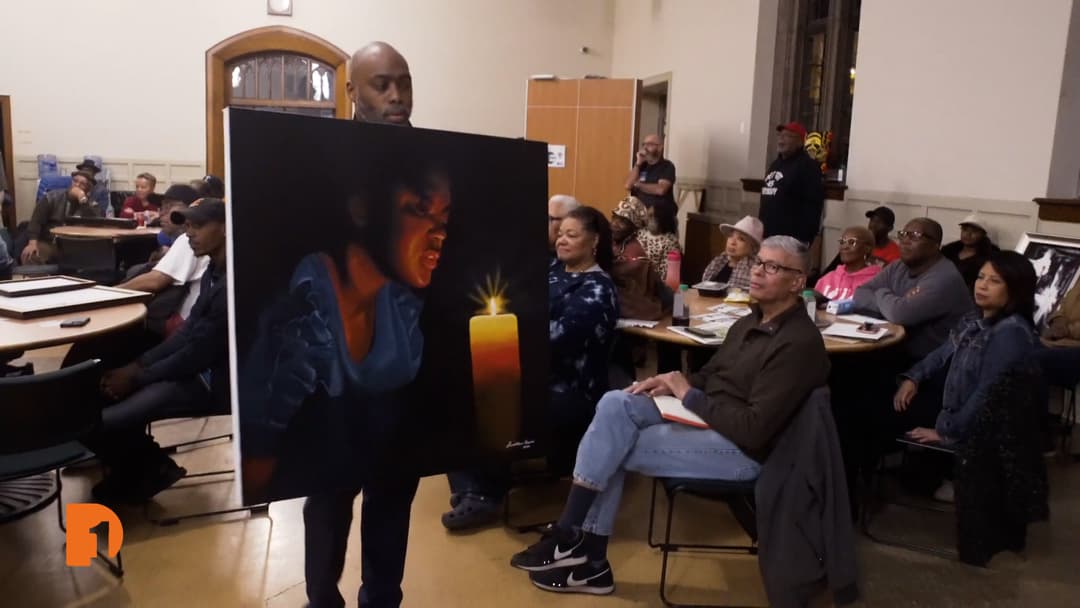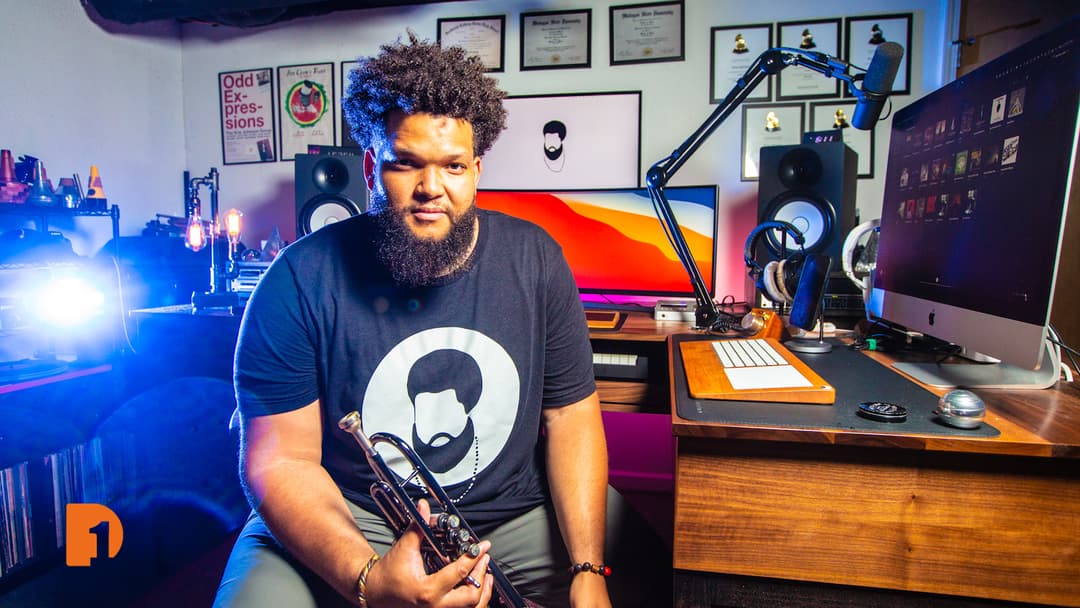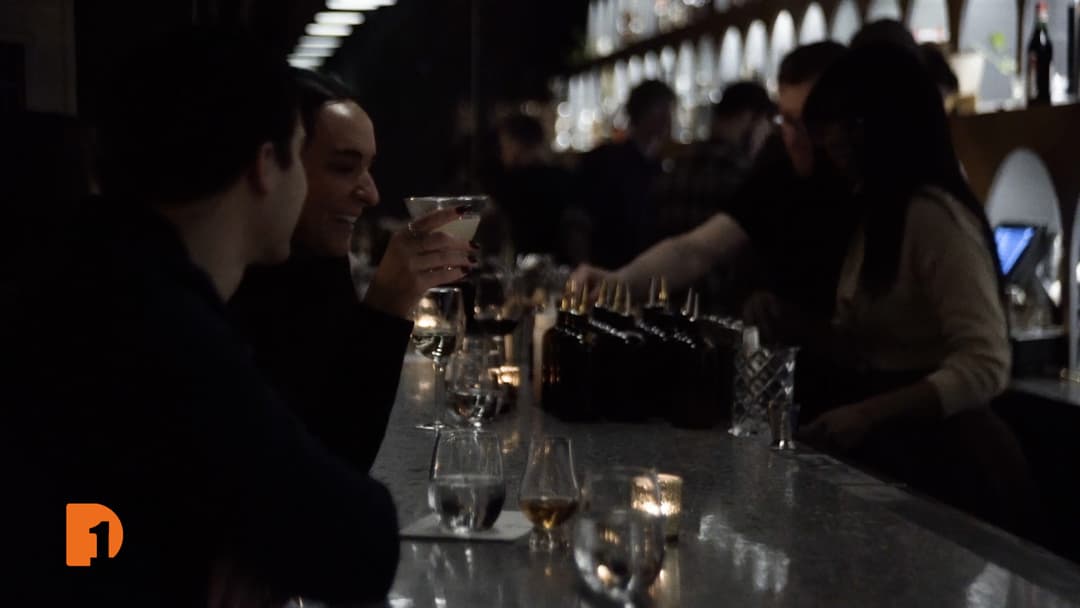Art for Life’s Sake: Discussing Art’s Importance During the Pandemic with Deborah Rutter
Jan 25, 2022
As we re-imagined how to continue to interact the arts, artists and cultural events with the precipice of COVID, Arts Engines Host and professor of Arts Leadership and Entrepreneurship at the University of Michigan Aaron Dworkin sits down with John F. Kennedy Center for the Performing Arts President Deborah Rutter to talk about the ways the Kennedy Center, the nation’s cultural center, has pivoted, with its Couch Concerts and Arts Across America livestreams, to still provide artistic programming during the pandemic.
Rutter shares her suggestions for how artists can continue to promote themselves and their work during tumultuous times, as well as her opinions on the responsibility of arts organizations to foster relationships with diverse audiences in their local community.
Full Transcript:
Aaron Dworkin: This is obviously very special, you know, because if you will, you are an arts leader, arts leader. And obviously leading the preeminent, you know, institution in our country that is not only an arts organization and presenter but also a memorial. And so, a very, very exciting. Obviously, we cannot ignore that we are still in the midst of this pandemic.
And I thought I would just start right off by saying, how are things at the Kennedy Center? And you know, I’ve talked with a number of arts leaders. Some are like, we’ve had to just shut everything down. Some are like, we can’t do what we always wanted to do and what we are really trained to do. So, I thought I would just kind of ask you, how are things and what are you able to do?
Deborah Rutter, President, John F. Kennedy Center for the Performing Arts: Thanks so much for that question, I appreciate it. You know, we were created actually in 1958. Dwight Eisenhower, as president, signed us into legislation as the National Cultural Center, and I take that mandate really seriously. That we are here to serve as the nation’s gathering place to represent all of America, to America and also to the world and the world back to America.
But this responsibility as a national cultural center has been really important to me as I think about our priorities. And while our 2,000 performances have been closed down by and large, but each year, we have so many that to say that we’ve now done about a dozen, maybe 15 live at the Kennedy Center since September, seems like a very large number by pandemic numbers, but very small by the National Cultural Center numbers. But what we’ve really been able to do, is our live programming across the country through our couch concerts and arts across America, which keeps that sort of national presence of the arts active every single day.
Aaron Dworkin: What would you say to artists out there who are, of course, many of whom are struggling, but not just struggling in general because of these circumstances, but also struggling to say, well, what even can I do? Are there things that you’ve seen artists do, whether reinventing or reimagining themselves or how they do their work that has made them more able to continue to practice their art even despite these circumstances? Are there any things you’ve seen that have really worked or would be of impact for those who might be watching?
Deborah Rutter: What I will tell you one of the things that we have seen that’s made such a huge difference in our own community, it’s about artists giving back. Using their strengths, their skills to say thank you. And so, we’ve had musicians who have gone to health care environments, to nursing homes, to the National Institutes of Health, to offer sort of pop-up surprise concerts that were surprising for the recipients, they weren’t a surprise for the organizers, of course, but it’s been really wonderful and the appreciation, the connection has been really, really powerful. And I think we’ve seen that in big and small ways across the country, but I think it’s those small ways that’s really, really important and so affirming because it happens on a one-on-one basis. You don’t need to be on CNN and getting credit for singing outside of a hospital. To go to your own clinic nearby and doing and giving back to those frontline workers, those essential workers who need and deserve that recognition. It’s also so affirming for the artists themselves, isn’t it? I think that for us to be able to connect on a human level in that way has been really wonderful.
Aaron Dworkin: Is there a sense that, you know, sometimes people will debate, or they’ll argue or talk about, you know, well, art is, you know, kind of just this thing, it’s black tie, it’s opera. And then you have other people who go, well, that’s not me, that’s not really art, right? But it seems, obviously, you’re overseeing such a breadth of programming, how important is that for institutions that aren’t the nation’s art center to think about that and to think about their relationship with various cultures and their community?
Deborah Rutter: Well, I think if you were to do a random survey of audience members of a wide variety of art forms and the artists of that same wide variety, whether it is opera, or dance, or hip hop, or temporary music or, you know, folk guitar, or a children’s choir, the artists, as well as the audience, ultimately will use words that can be summarized in saying art for life’s sake. Not art for art’s sake, art for life’s sake. And I think throughout this pandemic we’ve really come to understand that we need art because it nourishes ourselves; it is not a distraction.
Yes, it’s also a distraction, maybe. It is not entertainment, yes, it is also entertainment. It is fundamentally art for life’s sake. It’s for our soul, it is for our wellbeing, it is for our mental health, it is for our brain health, as we’ve come to understand music is great for brain health as well. So, it is something that we should be thinking very hard about as we look into the future, is to understand that this is not an add-on any more than going to a restaurant or buying a new outfit for an occasion, is, you know, an add on. It is a part of how we live our lives and fulfill ourselves as human beings.
Subscribe to One Detroit’s YouTube Channel & Don’t miss One Detroit Mondays and Thursdays at 7:30 p.m. on Detroit PBS, WTVS-Channel 56.
Catch the daily conversations on our website, Facebook, Twitter @DPTVOneDetroit, and Instagram @One.Detroit
View Past Episodes >
Watch One Detroit every Monday and Thursday at 7:30 p.m. ET on Detroit Public TV on Detroit Public TV, WTVS-Channel 56.
Stay Connected
Subscribe to One Detroit’s YouTube Channel and don’t miss One Detroit on Thursdays at 7:30 p.m. and Sundays at 9 a.m. on Detroit PBS, WTVS-Channel 56.
Catch the daily conversations on our website, Facebook, Twitter @OneDetroit_PBS, and Instagram @One.Detroit
Related Posts
Leave a Reply
Your email address will not be published. Required fields are marked*




























